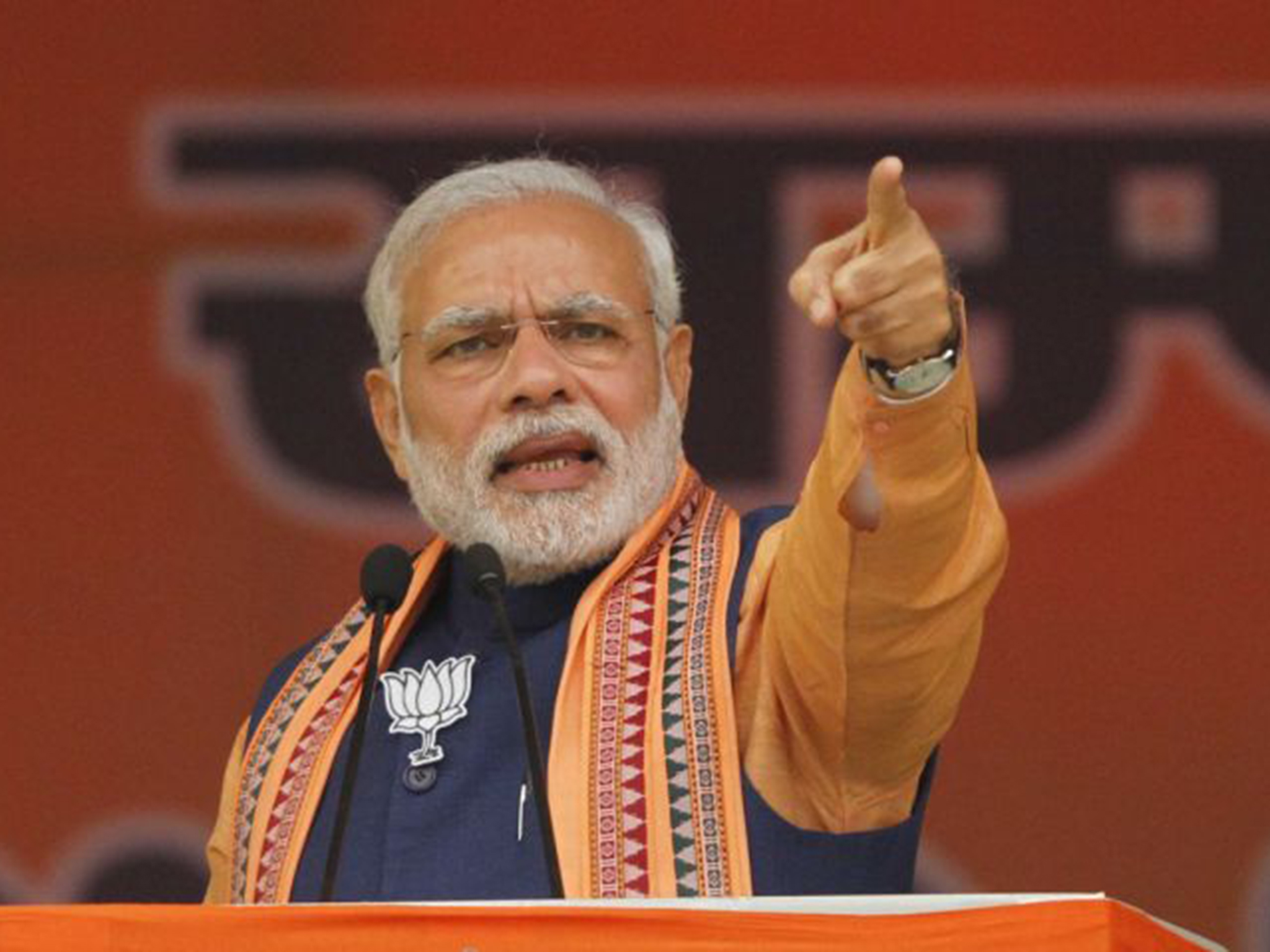The Indian government has invoked emergency laws to block a BBC documentary examining the role of the prime minister, Narendra Modi, during riots in the western state of Gujarat in 2002.
An adviser in India’s Ministry of Information and Broadcasting on Saturday said that Twitter and YouTube have been asked to block links sharing the BBC documentary, India: The Modi Question, which the government earlier labelled as a “propaganda piece“.
On Monday, the Committee to Protect Journalists (CPJ) said that ordering social media platforms to block the documentary constitutes “an attack on the free press that flagrantly contradicts the country’s stated commitment to democratic ideals”.
“Authorities must immediately restore full and unrestricted access to the documentary and withdraw regulations under the Information Technology Act that imperil press freedom and freedom of expression online,” said Beh Lih Yi, CPJ’s Asia programme coordinator.
Modi was the chief minister of the western state of Gujarat when it was gripped by communal riots that left more than 1,000 people dead – most of them Muslims. The violence erupted after a train carrying Hindu pilgrims caught fire, killing 59.
The BBC also uncovered memos showing that Modi’s conduct was criticised at the time by western diplomats and the British government, including in a government report which found that the riots had “all the hallmarks of an ethnic cleansing”.
Police were accused of standing by and Modi of not doing enough to protect the minority community from the Hindu mobs and even tacitly supporting the Hindu extremists. He has denied accusations he failed to stop the rioting and in 2013 a supreme court panel said there was insufficient evidence to prosecute him.
According to the documentary, released on Tuesday, the inquiry team claimed that Modi had prevented the police from acting to stop violence targeted at Muslims and cited sources as saying Modi had specifically ordered authorities not to intervene.
Read more at the Guardian

